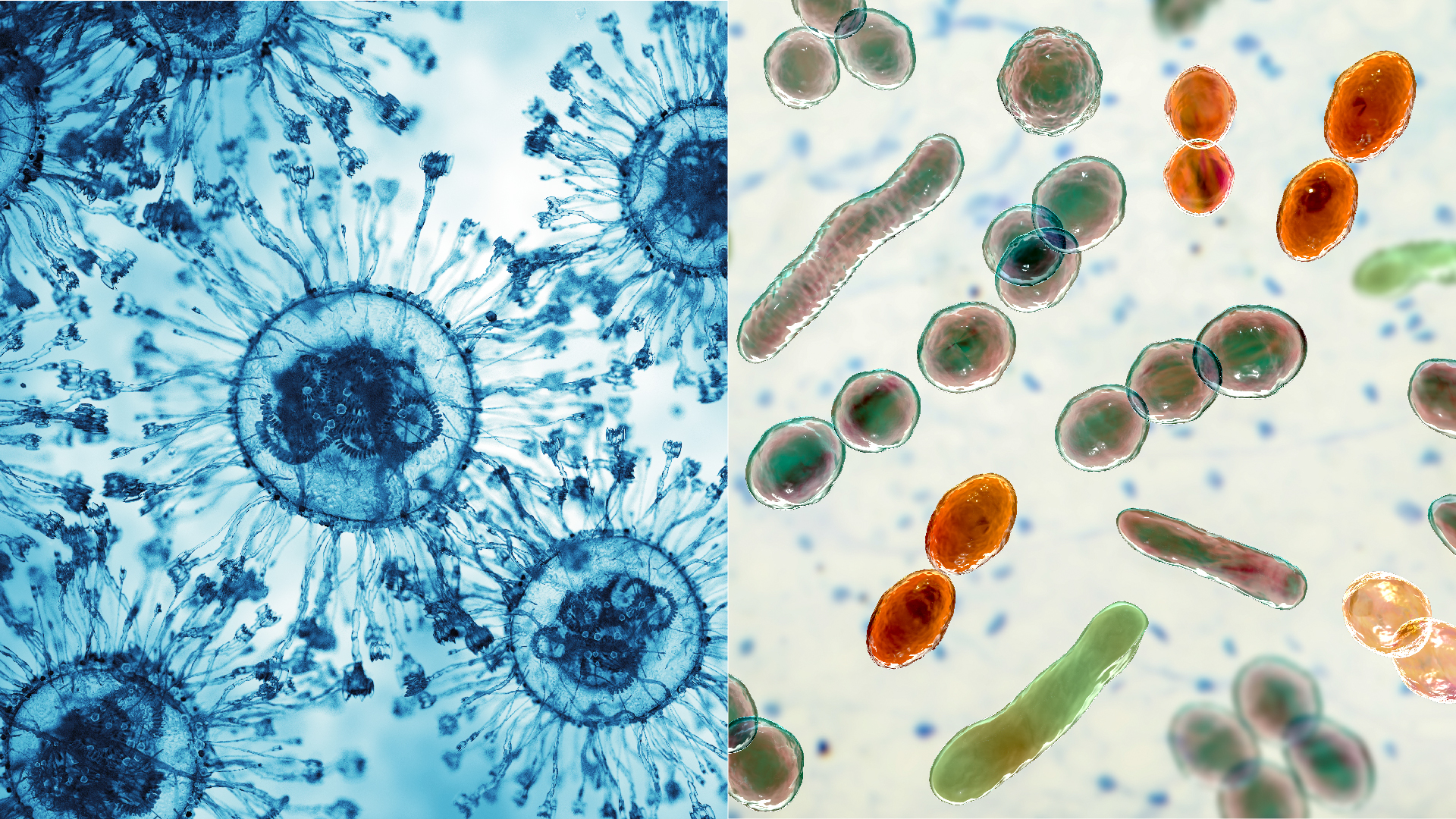JCM, Vol. 13, Pages 6207: Impact of Allogeneic Stem Cell Transplant on Safety and Outcomes of Chimeric Antigen Receptor T Cell (CAR-T) Therapy in Patients with Multiple Myeloma (MM)
Journal of Clinical Medicine doi: 10.3390/jcm13206207
Authors: Ayrton Bangolo Behzad Amoozgar Lili Zhang Vignesh K. Nagesh Imranjot Sekhon Simcha Weissman David Vesole Pooja Phull Michele Donato Noa Biran David Siegel Harsh Parmar
Background: Allogeneic stem cell transplantation (allo-SCT) has seen limited use in treating multiple myeloma (MM), despite its potential to offer long-term survival or even cure through the graft-versus-myeloma effect. Its limited application is largely due to concerns over serious complications like infections and graft-versus-host disease (GVHD). The possibility of GVHD exacerbation when CAR-T cells are administered to patients previously treated with allo-SCT remains a topic of concern. Ciltacabtagene autoleucel (Cilta-cel) and idecabtagene vicleucel (Ide-cel) are CAR-T therapies that have been FDA-approved for relapsed/refractory (R/R) MM. A recent study using data from the CARTITUDE-1 trial has shown promising safety and efficacy of Cilta-Cel in patients with a prior history of allo-SCT. This report outlines our real-world experience with CAR-T treatment in such patients. The objective of this study is to assess the safety and effectiveness of CAR-T therapy in R/R MM patients who have previously undergone allo-SCT. Methods: We conducted a retrospective analysis of adult patients (18–70 years old) with R/R MM treated with CAR-T therapy as part of an institutional IRB-approved protocol. Data were collected on safety and efficacy outcomes from the institution’s records. Adverse events (AEs) were evaluated using the National Cancer Institute Common Terminology Criteria for Adverse Events (NCI-CTCAE) version 5.0. Cytokine release syndrome (CRS) and immune effector cell-associated neurotoxicity syndrome (ICANS) were graded based on American Society for Transplantation and Cellular Therapy (ASTCT) criteria. Efficacy metrics included overall response rate (ORR) and progression-free survival (PFS), analyzed through the Kaplan–Meier method, with PFS defined as the time from CAR-T initiation to disease progression or death. Results: Of the 56 patients treated with CAR-T therapy, 8 (14.3%) had previously undergone allo-SCT. These patients had a median of seven prior therapy lines (LOTs), compared to five LOTs in the non-allo-SCT group (p = 0.04). CAR-T infusion occurred a median of 98.8 months after allo-SCT, with a range from 57.9 months to 178.5 months. CRS occurred in 87.5% of the allo-SCT group versus 77.1% in the non-allo-SCT group (p = 0.48). One patient in the allo-SCT group developed hemophagocytic lymphohistiocytosis (HLH), requiring anakinra. At a median follow-up of 4.8 months, the ORR was 87.5% in the allo-SCT group versus 75% in the non-allo-SCT group (p = 0.4). Median PFS had not been reached for the allo-SCT group at the time of analysis compared to 11.9 months in the non-allo-SCT group (p = 0.5). No treatment-related mortality or acute GVHD was noted in the allo-SCT cohort. Conclusions: The study suggests that prior allo-SCT does not adversely affect the safety or efficacy of CAR-T therapy in patients with R/R MM. These findings highlight the need for further investigations with larger patient samples and longer follow-up to better understand the interaction between allo-SCT and CAR-T therapy.

 10 hours ago
10
10 hours ago
10


